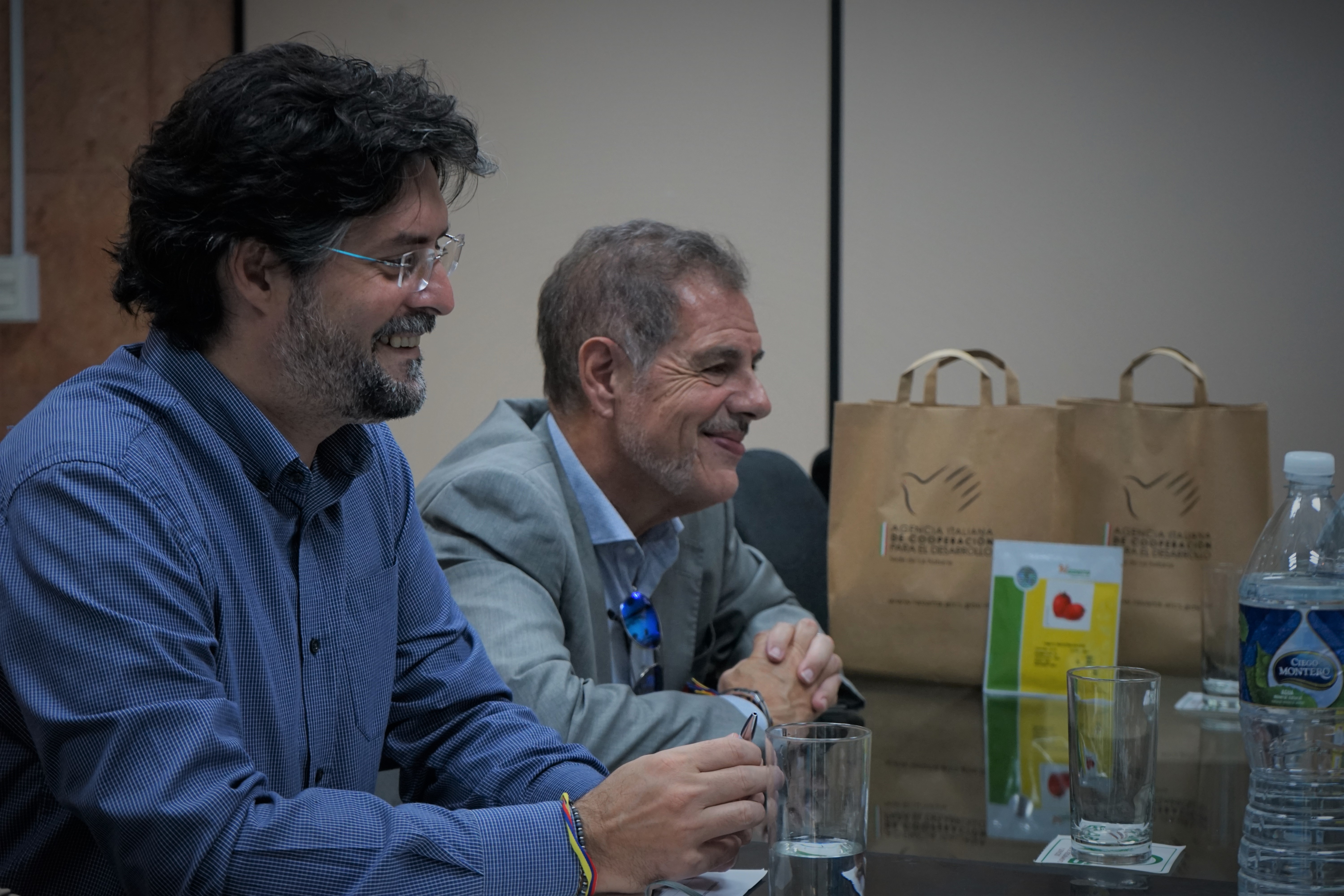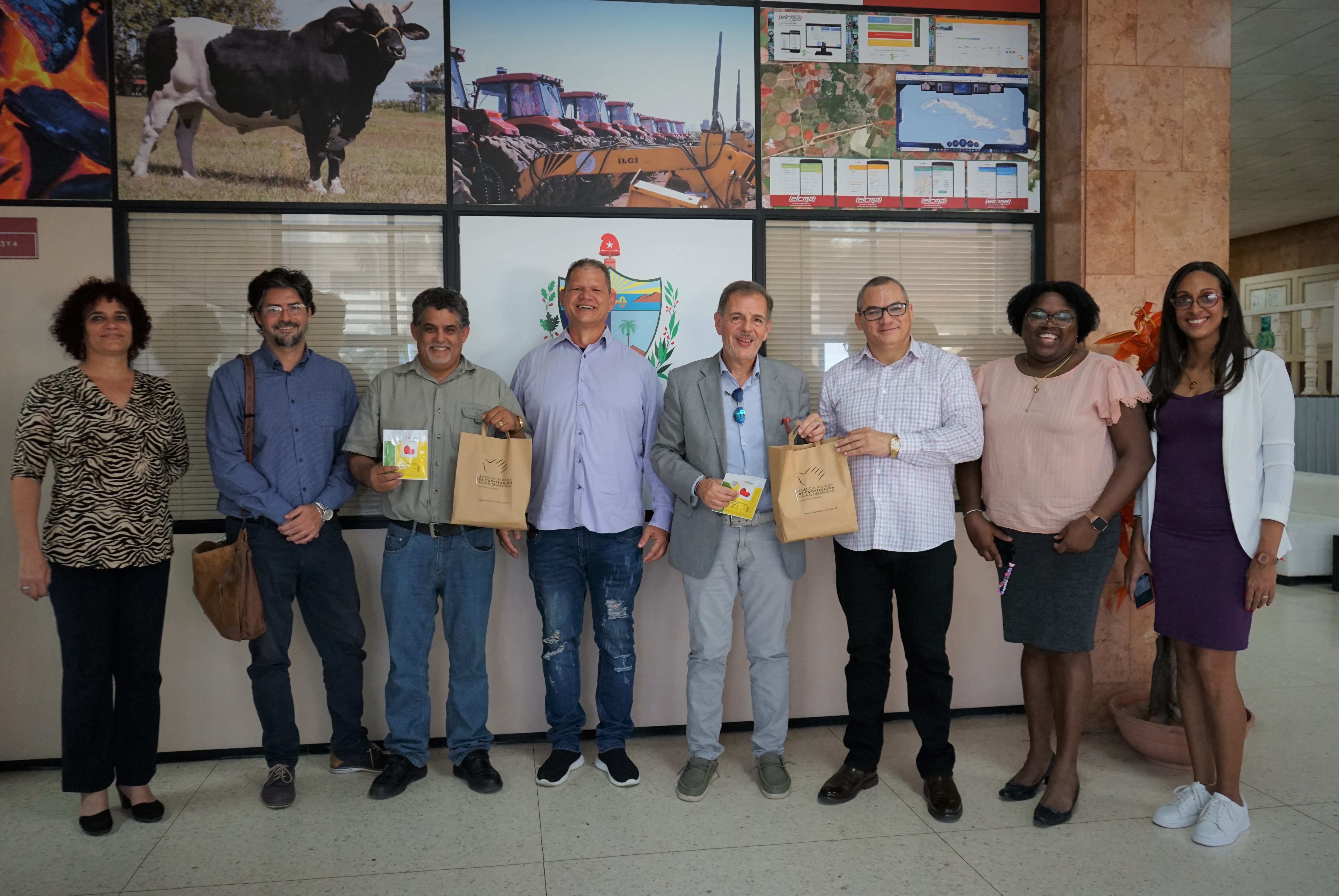On October 20, 2024, Hurricane Oscar severely impacted the eastern region of Cuba, particularly the municipalities of Baracoa, Maisí, Imías, and San Antonio del Sur. The disaster exacerbated an already critical situation marked by energy shortages and limited access to essential resources. Flooding in the affected areas led to the total loss of essential goods for the population. It is estimated that at least 15,000 hectares of productive land were damaged, including almost the entire coffee harvest, which was either destroyed or severely affected.
In a joint effort with the Ministry of Agriculture (MINAG) and INAF, key partners of the Cambio Climático Cuba (CCC) and MásCafé initiatives, AICS Havana has donated seeds to help restore crops. This donation is part of a broader initiative aimed at supporting Guantánamo’s productive activities following the devastation caused by Hurricane Oscar.
Thanks to the long-standing cooperation between Cuba and Italy, which has been working for over a decade in the coffee and sustainable agriculture sectors in eastern Cuba, strategies have been developed to mitigate the effects of climate change and respond to emergencies like this. The high-quality seeds donated will be planted in staggered phases to assess their performance under different climatic conditions, ensuring successful crop recovery.
In collaboration with the Institute of Fundamental Research in Tropical Agriculture (INIFAT) and the Institute of Agro-Forestry Research (INAF), local experts plan to plant some seeds between February and March in San Antonio del Sur’s casas de postura (greenhouses for seedling production), while the rest will be directly sown by producers during the cool season. This approach will optimize results and allow for better adaptation of the crops to specific environmental conditions.
This initiative goes beyond economic recovery; it also promotes sustainable production practices and strengthens small and medium-sized agricultural enterprises. Additionally, it aims to enhance the resilience of local communities, equipping them to face future extreme weather events through adaptation and mitigation strategies.

